Because the internet NEEDS another opinion on trigger warnings/content notes!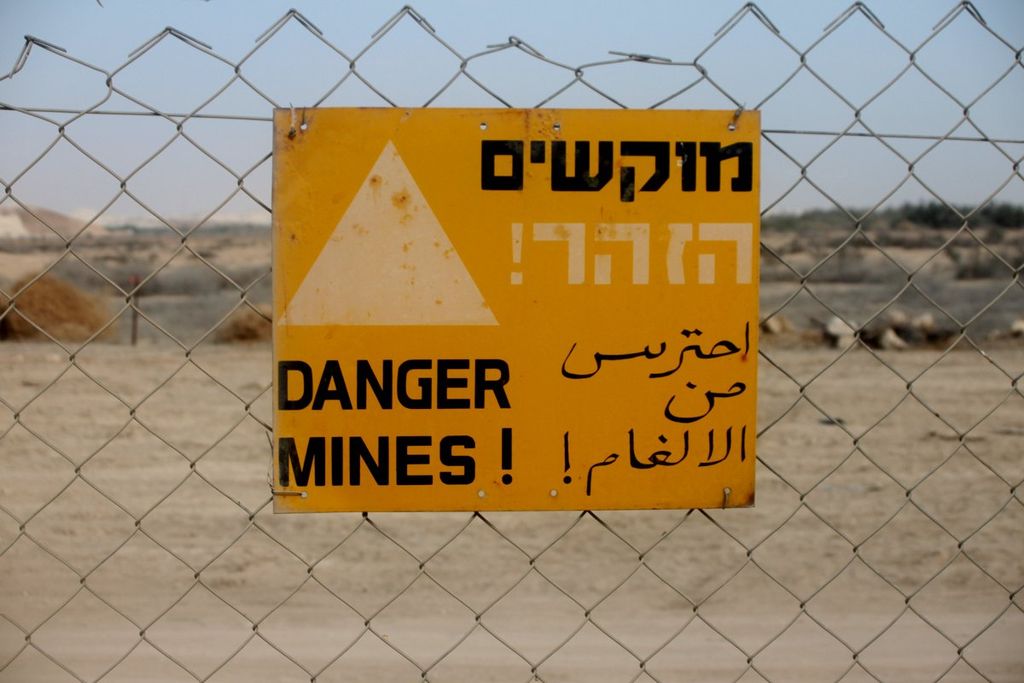
Act 1
A long time ago in a parallel universe, writing was AuthenticTM. A host of manly men created great literature and disseminated them to the public. Everything was great and everyone got a true cultural experience.
Along came an agitator.
“You know what would be great?” the agitator whined entitledly. “There should be a short description of what each text contains as a teaser. You know, a little preview or blurb (maybe at the back of a book?) so we can decide what’s likely to appeal to our tastes most.”
An author heard the agitator’s outrageous suggestion and harrumphed indignantly.
“Enough with the pinko bullshit,” the author said. “Everyone knows that to be challenged and changed by Art, you have to take it in without prejudice. If you know what happens in a story or what topics it touches on, you’ll be cutting off your opportunity to grow as a reader. And if there’s one thing I’m an expert in, it’s how YOU should grow.”
“I don’t think so. I’m already abandoning books halfway through once I find out their content is of no interest to me. Learning beforehand would just save valuable time.”
“You Philistine! So you just stop…reading?”
“Sometimes. But then I pick another work.”
“So you want to grow intellectually lazy by being spoon-fed and having to only read what you want to? But what if your reason for not reading my work is invalid?”
“I just want to be able to know a few things about the stuff I read.”
“And you will – when you read it! If you’re told beforehand, you might not consume it.”
“Exactly!”
“I don’t want the reader to have that kind power.”
“You mean choice?”
“Exactly! Plus a blurb will spoil it all.”
“Spoil what?”
“The surprise. If I make a short summary of my book, how can I hook my potential readers without it just turning into a slobbering pander-fest to what people think they want to read?”
Aaaand scene.
Act 2
I find this topic very frustrating because I think this debate should not exist. I’ll deal with the details in this post (and a followup post), but as per Act 1, if you object to trigger warnings in principle, this is what I see you as saying:
It’s really important that my work hinges on surprise. My work refers to something I know some people don’t want to read about. But my right to deliver this content about rape on unwilling people by surprise is so important outweighs any harm that they might suffer, or their ideas about what they want to consume. Basically, I get to say boo and make you jump but don’t you call me an asshole for it.
Regardless of the details, this assumes an adversarial relationship with your audience. This is a weird position for a creative person to take and if most creators really did have such disregard for their audience, then culture really would be in trouble. Especially since the idea that readers do not owe writers anything is very mainstream.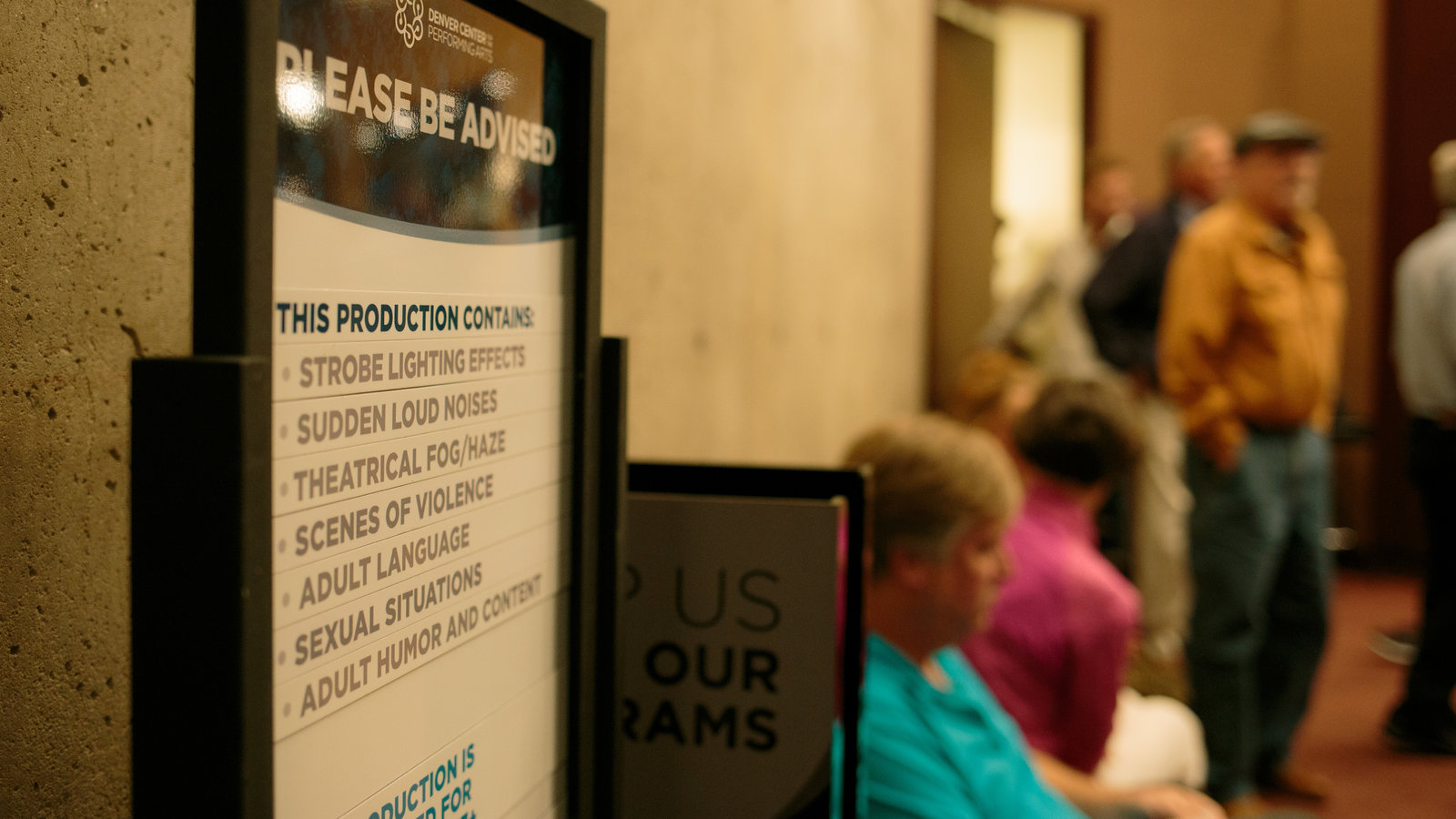
Now onto an incomplete but reasonably sized list of objections:
- Free speech!/I’m the victim here
A culture where trigger warning/content notes are much more common (or even expected) does not put a legal stop to people creating whatever works they like and promoting it. Free speech is not an argument against social consequences of your speech and it definitely isn’t meant to guarantee you an audience. - Can’t it have a chilling effect?
Any social norms can make it harder for works that flout these norms to find an audience. So this would be a generic argument against social norms themselves. More importantly, this argument ignores the other chilling effect – the fact that there are groups of people who don’t want to consume certain content (because they will be physically harmed by it) who can thus be shut out of a functional engagement in culture. - Won’t this degrade the culture?
To me, this is a bit like Think of the children! This assumes a drastic change in cultural consumption patterns, without evidence. Will the general public really stop loving (say) action thrillers? I don’t see a huge change based on the fact that many people are actually looking for forewarning before consumption (or to let them consume when they are feeling up to it). But even if it changes behaviour, I think not believing in reader autonomy is a sign of a more degraded culture. - But wouldn’t that mean Some Great Work would also get a trigger warning?
This reminds me of the anti-choice argument “But what if Einstein/Gandhi/Batman’s mum had an abortion?”. If things were different they wouldn’t be the same. If we as a culture were to start adding (say) trigger warnings for rape, then Catch-22 (and the Bible and a million other classics) would get one. But this is what many arguing against trigger warnings don’t seem to get – it’s not a scarlet A or a branding. It’s a piece of true information about the works’ contents that’s useful to some people. It doesn’t change their nature or cultural value. If anything, it might even prompt the general public to pay attention to something during reading that they wouldn’t otherwise think about. - Isn’t this infantalising readers?
It’s pretty ironic that people who (1) want to overrule reader choice and (2) think they know better than a reader what’s good for them, would label a system that’s about respecting informed consent as infantalising. Thinking your potential readers will not give your work a chance because they’re too busy having PC coddling-orgies is infantalising. And adversarial. - But what about the element of surprise?
This is only an issue if the main point of your work is to throw in unexpected graphic content by surprise. Very few works actually fall in this category. If people start reading Catch 22 knowing it’s about war, this doesn’t lessen the experience. Even for a genre that’s all about surprise (eg. thriller), since when does the work hinge on the mere presence of something, as opposed hinging on something more creative like the way the situation plays out? There may be a small class of content for which legitimate surprise would be lessened. Which is why I absolutely support the right of readers not to look at a content note if they want to be as surprised as possible. - The world isn’t safe so why pretend it is?
This is a pretty bizarre argument since this is essentially a generalised argument against doing good and making people’s lives better. I mean, “out there”, people face danger of rape from strangers so why should we bother to have social norms against performers hitting audience members? Won’t we lull people into a false sense of security? Well no, people who have (say) been raped probably don’t need your generous help in remembering that rape exists. All that’ll happen is that one part of the world will become a bit nicer, by being more accommodating. And if you want to make it harder for a rape victim to take (say) a year’s break from consuming content with rape scenes, you might just be a bad person. This argument assumes that victims need (say) your rape scenes to “toughen them up”, against their consent and at the expense of their well-being. Yep. Finally, there’s no pretending involved whatsoever. A content note does not change the content. People who don’t want some type of content are already trying to filter what they consume; this just makes it easier. - But they’re just words
A variation of denying the harm that can be caused (for which see below), this is a stunning argument in the context of the importance of using words/symbols to affect people, change minds and create worlds. Which is ironic since the quality of culture is another major “argument” brought up. - I don’t believe the harm is real
Last year there was a lot of public conversation about the grossness of (say) assuming that women who say they’ve been raped are generally lying. Or of crying “evidence” while accusing people of lying with no evidence. So I [falsely] hope that there’s no need to explain that it’s also gross for someone to say “X causes me discomfort/harm” and for a third party to say “I don’t agree [because I know better than you]”. But even if people are somehow “wrong” about being harmed, they still get to choose what they consume. So this argument is, like most of the others, against informed consent. Your potential audience member doesn’t work for you, they’re not on trial by you and they certainly don’t owe you a note from their doctor. It’s pretty appalling to ask for the same standards of evidence as you would in a medical compensation trial. - But people are just being oversensitive/Boo hoo/The harm is character-building
I would imagine even most people making this argument would consider some content avoidance scenarios as “legitimate”, since the evidence of psychological harm is so indisputable. The question is who died and made them the arbiter of where to draw the line? Especially given that the vast majority of people involved in this debate aren’t in need of content notes useful. In which case, I would tone it down on the character building. It’s also useful to remember just who has used/uses the “you’re over-reacting” argument and who it’s used against. - But what about someone who gets triggered by (say) apples?/But won’t a full list of objectionable content be as long as the work itself? (QED, CHECKMATE FEMISTASIS)
I hate to use fallacy names but it’s a Godzilla-sized strawman. I’ve read many defences of trigger warnings and none of them have said that people are obligated to pre-emptively list every potential trigger. If such demands really exist, I doubt they’re more than a tiny minority. There’s also the Nirvana fallacy: just because it’s not possible to solve a problem perfectly doesn’t mean any solution should be opposed. I also think it’s disingenuous because even for really long works (eg. War and Peace), it wouldn’t take more than 5 minutes to come up with the top 6-8 content notes covering the vast majority of content people might want to avoid. But if a cultural shift gets more content creators to learn more about people and improve their fact-based empathy so they’re listing 11-12 things instead, is trying to find out about your audience a bad thing? - Are you saying there will never be “oversensitive” people/frivolous requests?
No, although I’d think twice before giving myself the presumed power to label people as oversensitive. Are you saying people never misread blurbs and choose not to read a work they might have otherwise enjoyed? - But so-and-so had such-and-such happen to them and doesn’t need trigger warnings.
That’s great. Unless it’s used to gaslight people’s experiences and make people who have experienced something bad feel even worse because they haven’t been “as unaffected” as so-and-so. Which I’m sure nobody would do, right? - What’s the guarantee that I won’t get sued for not putting some warning?
None. There’s no guarantee you won’t be sued for that now either, but there’s a big difference between being sued and being successful. If your worry is that a culture where something is expected can make a lawsuit more likely to succeed, you’re right. But this is another general argument against trying to make a nicer world. “If we start socially disapproving unsolicited emails, isn’t there a chance I might eventually be sued for sending spam?” - There’s no precise definition of what should be flagged
This reminds me of the dudebro logic argument that we can’t have anti-harassment policies at conferences because there’s no precise definition of what constitutes harassment [that said dudebros will accept]. We don’t have mathematical definitions for social phenomena and it’s disingenuous to pretend otherwise. This doesn’t stop social norms, and it doesn’t even stop the law. What should get a content warning WILL be up for debate – which is exactly what happens now for questions like what is good or bad art, what is offensive, racist, sexist, edgy, inspiring, innovative etc. - But no system will be foolproof
Agreed. - But who will police this?
If we’re talking about social norms they are by definition policed by the community. I mean, who polices, say, racism? And yet norms exist and there are consequences to following/not following them. And so it goes. - But what about assigned courses etc?
This might be an interesting question if I believed it’s asked in good faith. This is a debate about social norms so different contexts might have different solutions. I don’t believe there’s no workable solution out there that covers the academic context. Even if there isn’t, it’s not a reason to drop this for other contexts. Unless you’re specifically looking to derail the whole idea; but you wouldn’t do that, would you? - Why is it my responsibility to make a better experience for those who might consume my work?
Nobody phrases it like that but that’s ultimately the question that a lot of arguments implicitly ask. - Why should it be my responsibility to help make people’s lives a little bit better?
Upon receipt of your money, your life-sized monument of Ayn Rand will ship within 24 hours.
So how might a culture of trigger warnings be built up practically? Stay tuned, I’ll post on that next week.

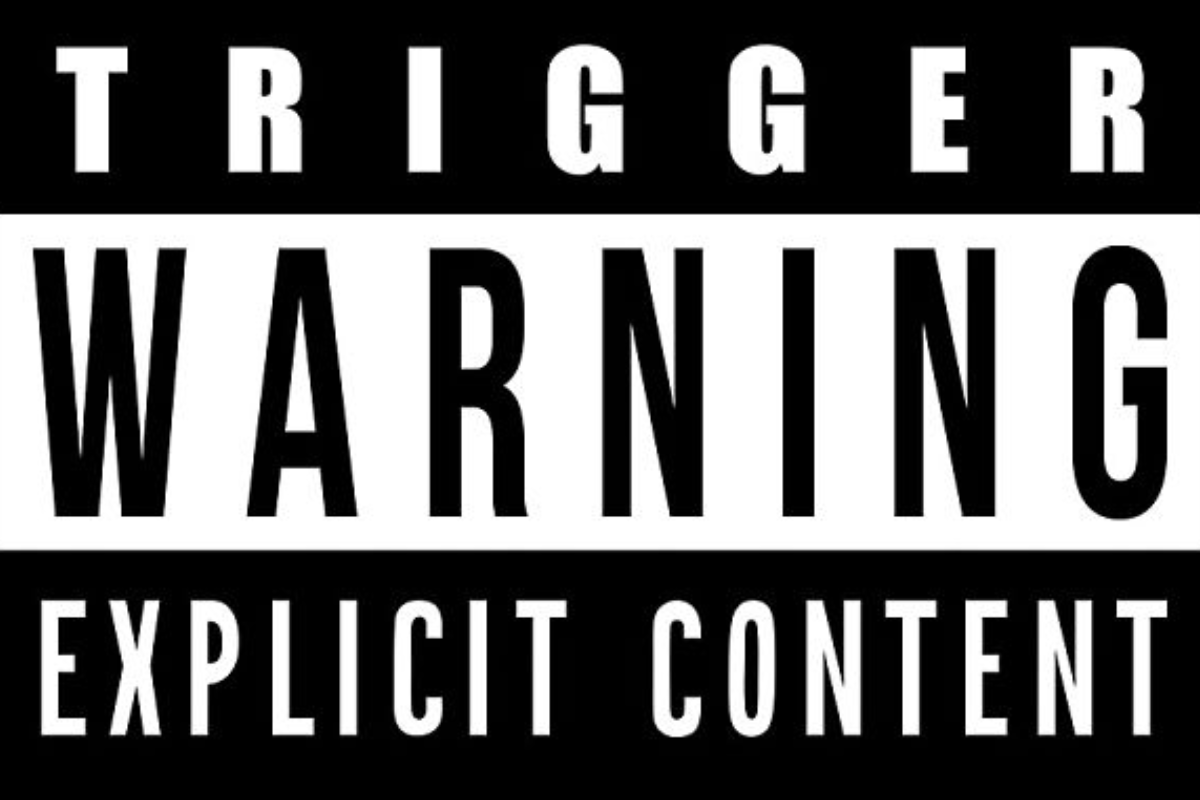

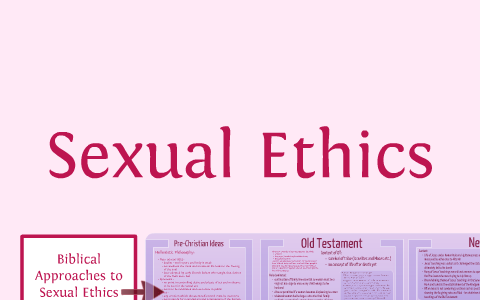
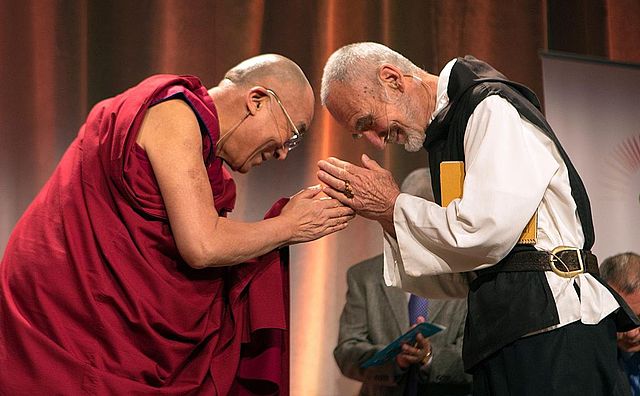
0 Comments